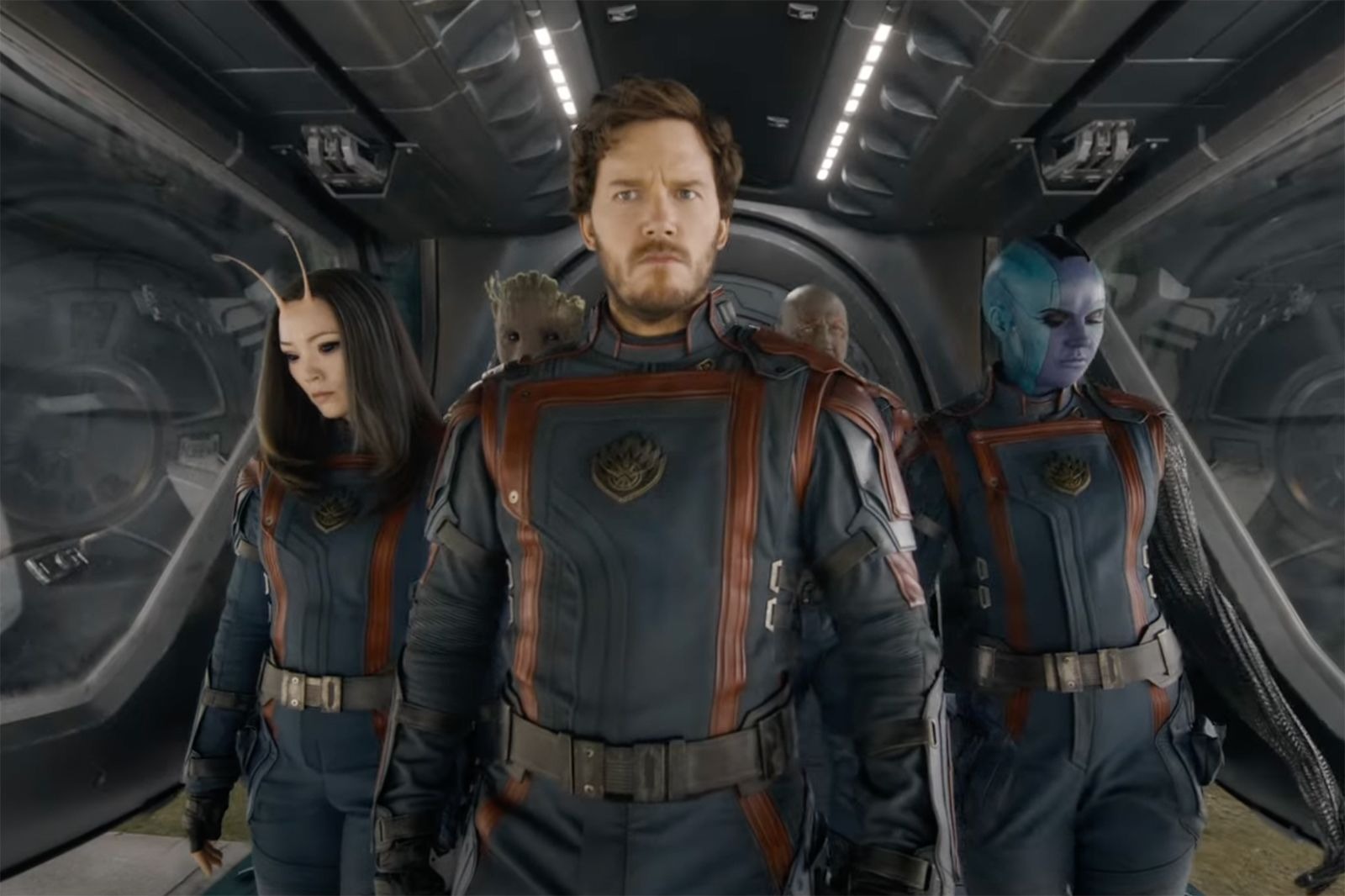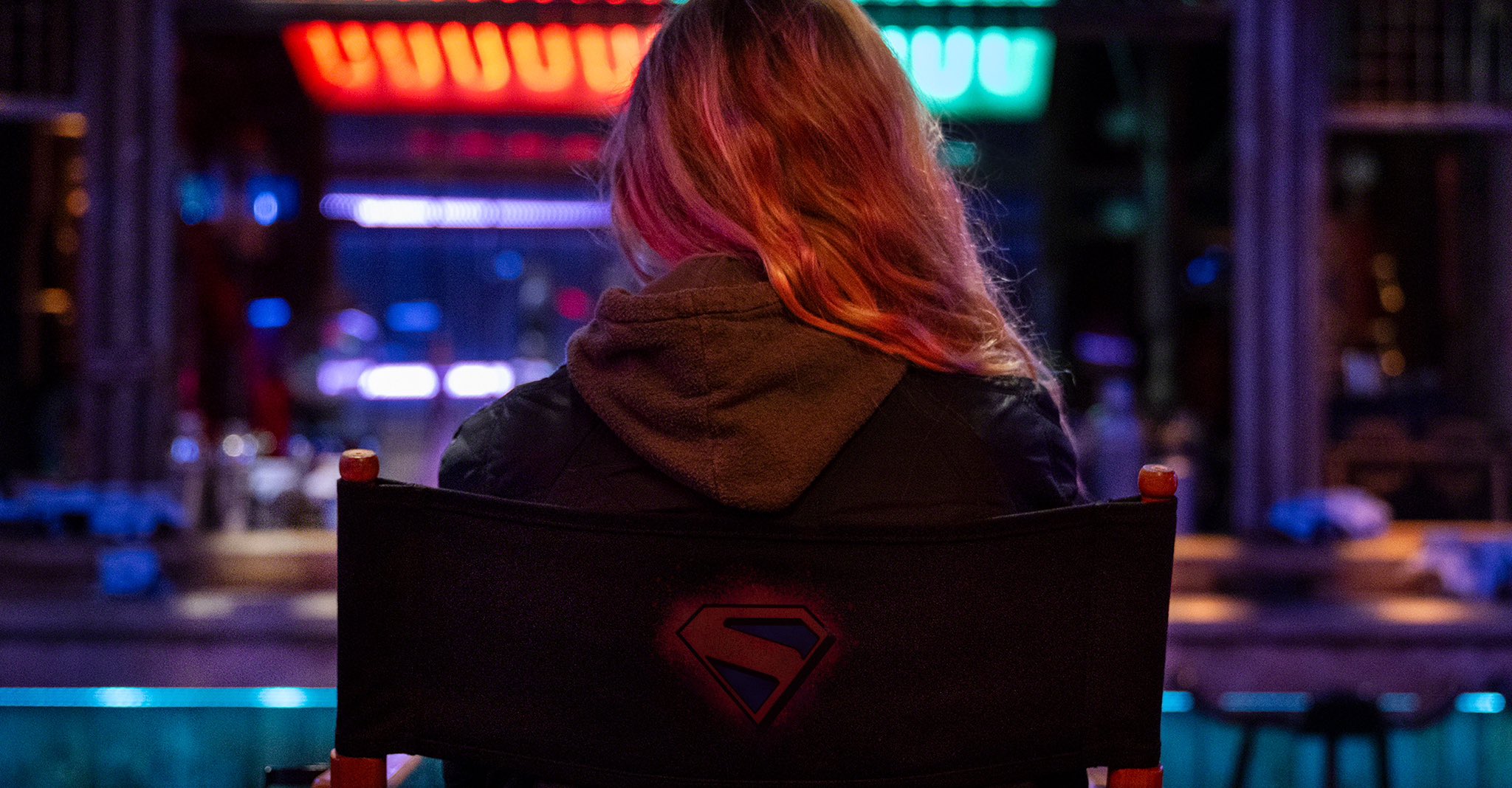
Martin Scorsese’s body of work is displayed in the pantheon of filmmaking as prime examples of motion picture excellence. Francis Ford Coppola will forever be the “captain at the helm” of arguably the two greatest movies of all time. Boots Riley is a prime example in the next generation of revolutionaries etching their names into the stone slab of storytellers. Alan Moore’s works of controversial genius are still revered in the comic book and graphic novel industries to this day. These names have some things in common: they are “the crazy ones” who dared to cross lines and stir the pot in order to create memorable works of art in their respective fields.
And yet, these pioneers in their respective fields have chosen to criticize a genre that has enjoyed over a decade of success.
Scorsese made the claim that the Marvel Cinematic Universe is not “cinema” and defined the attraction to superhero films using supply-and-demand terms. “If people are given only one kind of thing and endlessly sold only one kind of thing, of course, they’re going to want more of that one kind of thing,” he said. Coppola went even further than his old friend.
“I don’t know that anyone gets anything out of seeing the same movie over and over again. Martin was kind when he said it’s not cinema. He didn’t say it’s despicable, which I just say it is.”
Riley defined superhero movies like The Dark Knight Rises as “cop movies” that paint revolutionary types as crazy. He stated, “The truth is that these superhero movies are cop movies, and cop stories, cop shows, and cop movies are all about saying one thing—that those in poverty are there because they made the wrong choices, that the impoverished are in poverty because of their own mistakes and their own shortcomings, and it has nothing to do with the system.” Meanwhile, Moore took it many steps further in 2016.
“…These books and these iconic characters are still very much white supremacist dreams of the master race. In fact, I think that a good argument can be made for D.W. Griffith’s Birth of a Nation as the first American superhero movie, and the point of origin for all those capes and masks.”
I consider these names to be masters of their craft, which makes it slightly painful when I deliver my own opinion on their statements: that these opinions made by them are reeking of ignorance, bitterness, and a one-sided approach. I repeat: these opinions made by Scorsese, Coppola, Riley, and Moore reek of ignorance, bitterness, and a one-sided approach. Quote me on it.
I’ll start with the two men acting as gatekeepers of their medium: Scorsese and Coppola. You two are part of a five-man clique that burst onto the filmmaking scene back in the ’70s. If anyone should understand what the filmmakers behind the MCU were facing when they brought their ideas to the big screen, it is you two. You two, along with Spielberg, Lucas, and De Palma, faced your own harsh critics who questioned your style of storytelling. Now, here you are, embodying those very critics. You’re proving a line of dialogue from The Dark Knight to be accurate: “you either die a hero, or you live long enough to see yourself become the villain.” I agree with Scorsese’s stance in defending independent films and that big studios are making it difficult for indies to thrive in theaters. However, any validity to that defense was poisoned by the judgemental critique of a genre that is helmed by the very men and women who were inspired by the likes of Scorsese.
A defense that could have opened minds and created unity, instead drew lines in the stand with an ignorant opening statement. Oh, and by the way, I can enjoy your cinematic masterpieces while also enjoying my superhero adventures. Supply-and-demand? Ok, boomer.
In regards to Coppola, a film franchise that contains Captain America: The Winter Soldier, Guardians Of The Galaxy, Black Panther, Avengers: Infinity War, and Avengers: Endgame is nowhere near despicable. Sorry, Francis, but your ignorance is showing.
Meanwhile, in the case of Riley, he fails to acknowledge that The Dark Knight Rises displayed how the excess of the rich and “peace built on a lie” was fueling the unrest in Gotham City. He omits how Anne Hathaway’s Selina Kyle warns Christian Bale’s Bruce Wayne that “a storm is coming,” and that all those rich folk who have left nothing for everyone else will soon pay for their misdeeds. He does not touch on how the valid grievances of the poorer citizens of Gotham are used and contorted by the tyrannical Bane and his army. He leaves out how Bruce Wayne attempts to correct those misdeeds and answer those grievances in the final act.
He also leaves out how for half of The Dark Knight Trilogy, Batman is an enemy of the police.
And that leaves us with Moore’s statement. Throughout my entire life and the many years I spent watching superheroes and vigilantes, I never once viewed these characters as the continuation of white supremacist beliefs. While I know there are those who want to promote their Gamergate attitudes toward these characters, to accuse an entire genre and its fanbase of promoting white supremacy is asinine, to say the least. I read the words of Moore, then I watch my sons playing with their Captain America, Miles Morales, and Black Panther action figures, and I make no connection to his vitriol. My boys and I are inspired by these heroes due to a belief in standing up for those who are unable to stand for themselves, not because of a skin color or a radical ideology.
Moore, there is no denying you have been wronged by a specific comic book publisher in the past, and you are valid and justified in your statements toward them. However, your bitterness is starting to seep into other arguments and it’s muddying your message. Ease up, you anarchist wizard, you.
As I stated earlier, these four individuals are to be viewed as the best of the best. They have earned their titles as either legends or soon-to-be-legends. Their work speaks for itself. They are to be revered as genius creatives who have developed some of the most memorable forms of art in history. No one can ever take their accomplishments away from them, and I will continue to promote their art and refer their art to those who have yet to experience it. However, revering an artist and loving their work does not mean you support every word that comes out of their mouth.
Scorsese, Coppola, Riley, and Moore are masters of their craft, but on this topic, they are completely wrong… in my opinion.
Agree? Disagree? Leave your comments below!
Don’t forget to share this post on your Facebook wall and with your Twitter followers! Just hit the buttons on the top of this page.
—–
Have you checked out LRM Online’s official podcast feed yet The LRM Online Podcast Network, which includes our flagship podcast Los Fanboys, our premiere podcast Breaking Geek Radio: The Podcast, and our morning show LRMornings? Check it out by listening below. It’s also available on all your favorite podcast apps!
Subscribe on: Apple Podcasts | Spotify | SoundCloud | Stitcher | Google Play

 FOR FANBOYS, BY FANBOYS
Have you checked out LRM Online’s official podcasts and videos on The Genreverse Podcast Network? Available on YouTube and all your favorite podcast apps, This multimedia empire includes The Daily CoG, Breaking Geek Radio: The Podcast, GeekScholars Movie News, Anime-Versal Review Podcast, and our Star Wars dedicated podcast The Cantina. Check it out by listening on all your favorite podcast apps, or watching on YouTube!
Subscribe on: Apple Podcasts | Spotify | SoundCloud | Stitcher | Google Play
FOR FANBOYS, BY FANBOYS
Have you checked out LRM Online’s official podcasts and videos on The Genreverse Podcast Network? Available on YouTube and all your favorite podcast apps, This multimedia empire includes The Daily CoG, Breaking Geek Radio: The Podcast, GeekScholars Movie News, Anime-Versal Review Podcast, and our Star Wars dedicated podcast The Cantina. Check it out by listening on all your favorite podcast apps, or watching on YouTube!
Subscribe on: Apple Podcasts | Spotify | SoundCloud | Stitcher | Google Play



